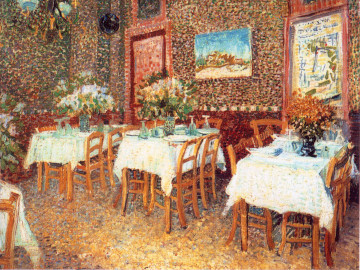Meister Eckhart? C. De B. Evans? Victor Gollancz? George William Target? Sharon Blackie? Apocryphal?

Question for Quote Investigator: Some philosophers believe that mentality is ubiquitous in the universe. Thus, it is possible to assign volition to every entity, and even inanimate objects have a purpose. For example, an apple that falls from a tree might be seeking the ground. The following phrase has been attributed to the German theologian and mystic Meister Eckhart who lived in the 13th and 14th centuries:
A stone also possesses love, and its love seeks the ground.
This viewpoint can also be presented metaphorically and poetically with a non-literal interpretation. Would you please help me to find a citation?
Reply from Quote Investigator: In 1924 C. De B. Evans published English translations of works by Meister Eckhart based on manuscripts from a variety of sources including Franz Pfieffer. Sermon Thirty-Five titled “Stand in the Gate” contained the following passage. Boldface added to excerpts by QI:1
Knowledge is the flux, for knowledge is hotter than love. But two are better than one. And this knowledge is laden with love. Love is fooled and caught by kindness: in love I hang about the gate turning a blind eye to the authentic vision. Even stones have love, a love that seeks the ground.
Below are additional selected citations in chronological order.
Continue reading “Quote Origin: Even Stones Have a Love, A Love That Seeks the Ground”




